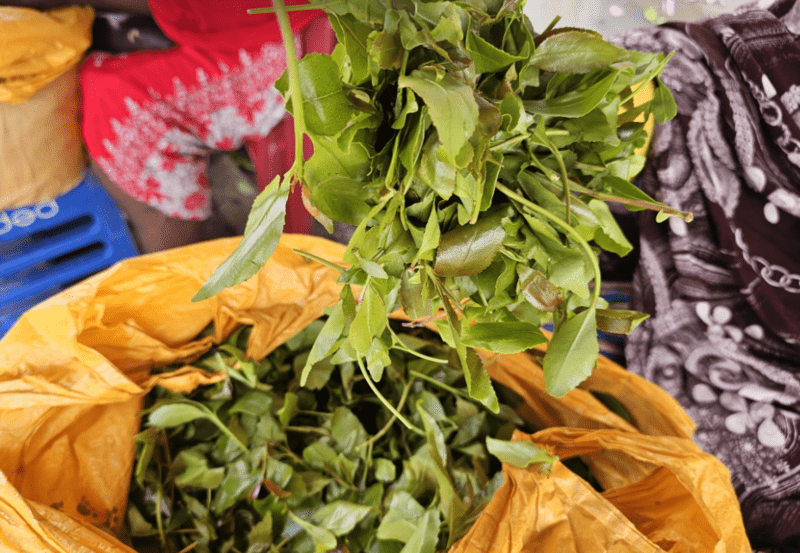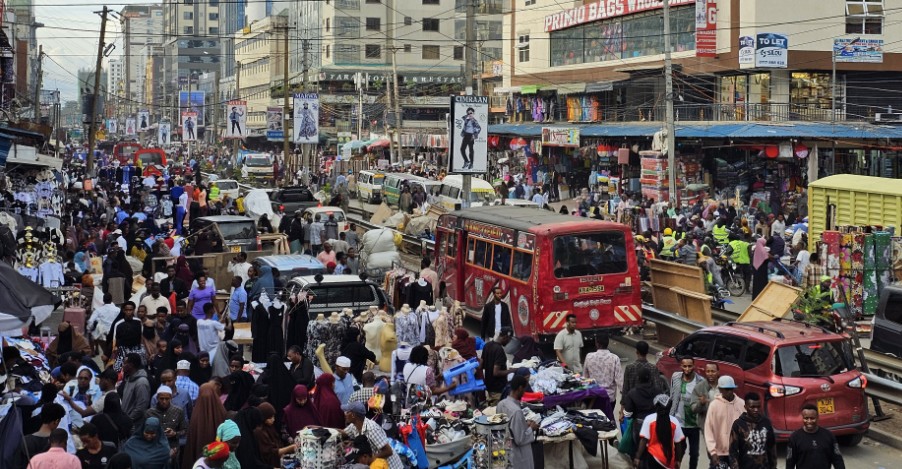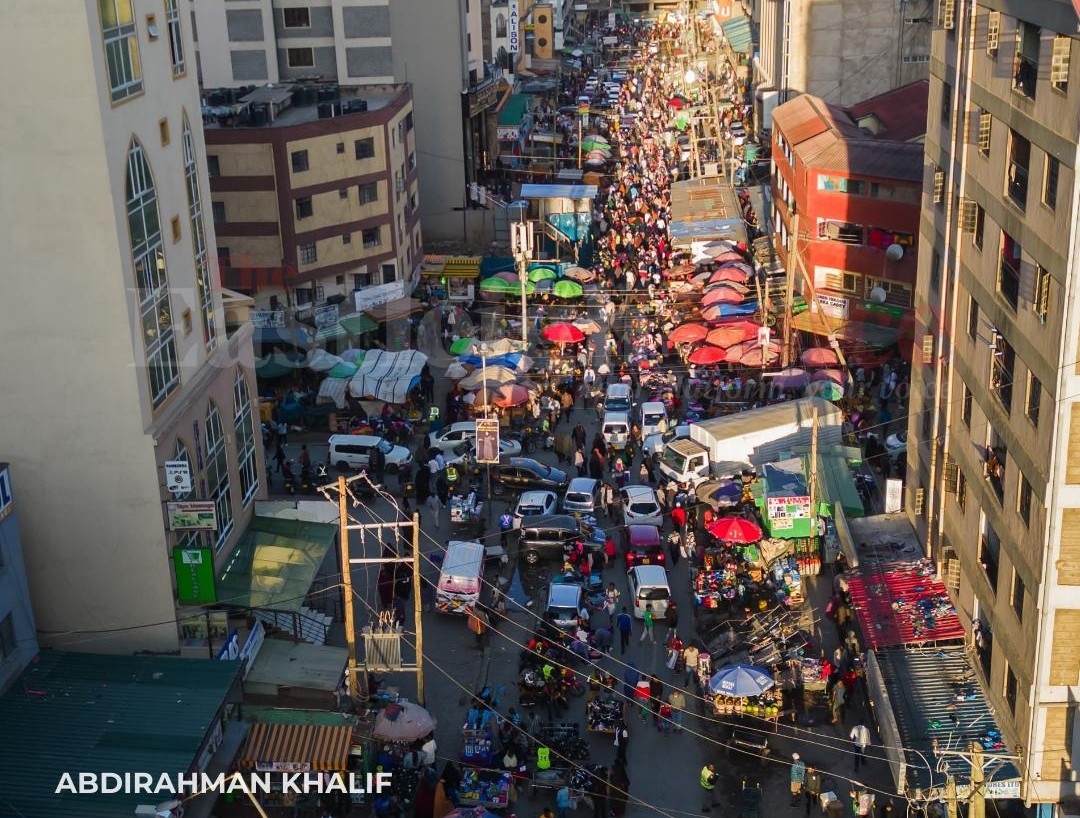Muguka farmers face uncertain future as new Bill seeks delisting

The Anti-Muguka Bill, tabled by Kilifi North MP Owen Baya, proposes a change to the Crops Act that would formally differentiate muguka from miraa and then exclude it from the scheduled crops category.
The future of muguka farming in Kenya hangs in the balance following a new Bill seeking to remove the stimulant from the list of crops recognised and supported by the government.
The Anti-Muguka Bill, tabled by Kilifi North MP Owen Baya, proposes a change to the Crops Act that would formally differentiate muguka from miraa and then exclude it from the scheduled crops category.
More To Read
- How Muslim clerics are helping members stay away from drug abuse
- Pan African Parliament proposes standard law against drug abuse
- Ruto's pledge as meeting with Coast leaders over muguka ban finally takes place
- Education stakeholders back Mombasa's muguka ban
- Coast leaders ready for Monday meeting with Ruto on muguka ban
- Minimum age for Muguka users drops to nine years, NACADA reveals
This would leave Muguka unprotected by national legislation and remove the safeguards and support currently offered by the State.
“The principal object of the Bill is to amend the Crops Act Cap 318 to differentiate muguka from miraa and therefore expressly exclude Muguka from being a scheduled crop,” the proposal reads.
Scheduled crops under the Act, which was passed in 2013, receive government attention through mandatory certification, national market structures, research, and extension services.
They are also eligible for State subsidies. Without this recognition, muguka would be more vulnerable to regulatory and market disruption.
Muguka, scientifically referred to as catha edulis, is chewed for its stimulant effect but is surrounded by controversy due to reported health risks such as high blood pressure, insomnia, and sexual health issues in men.
The timing of the Bill fuels a growing debate over the trade in muguka, especially in coastal counties, where leaders have been pushing for restrictions or an outright ban.
Its delisting could empower counties to regulate or outlaw it independently, without conflicting with national law.
This development revisits a dispute from a year ago, when President William Ruto criticised governors in Mombasa and Kilifi for attempting to ban muguka and miraa, stressing that the crops were legally accepted under Kenyan law.
For Embu, the country’s main muguka-growing region, the stakes are high. Over 65,000 farmers depend on muguka farming, which powers a Sh22 billion economy, according to county statistics.
Meanwhile, counties like Mombasa earn as much as Sh1 million each day from muguka-related levies, revenue that now faces uncertainty.
Top Stories Today














































